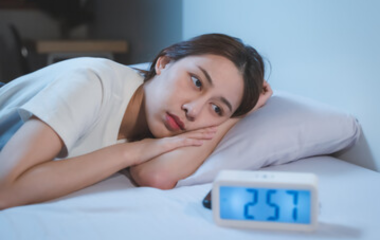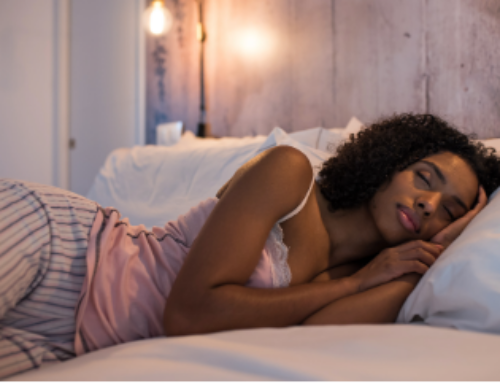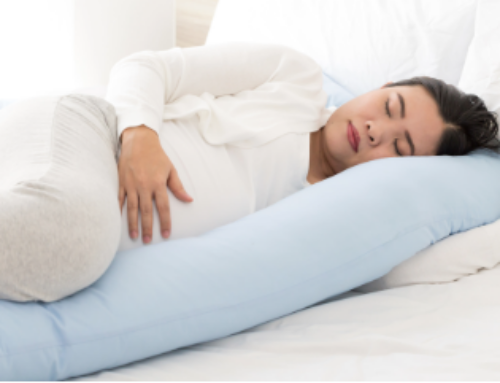How lonely you are may affect how well you sleep. A study in the November issue of the journal SLEEP looked at 95 adults living in rural South Dakota. The volunteers were asked about any loneliness, such as feeling left out or isolated from others. These same residents also had their sleep cycles measured. When researchers compared the two, they found that the lonelier a resident felt, the more they woke up during the night.
Why is this important? Data show that loneliness has a negative effect on health. Things like high blood pressure, depression and the risk for dying early have been linked to loneliness. Researchers wanted to see if one of the causes was a poor night’s sleep. Sleep is key in helping the body heal itself and stay healthy. Poor quality sleep has been associated with various negative effects on the body, including declines in physical and mental health.
The study results show that all the participants slept for the same amount of time every night. What differed was the quality of sleep. Those feeling lonely had sleep that was broken-up during the night. The greater their feelings of loneliness, the greater the disruption to their sleep.
The results of the South Dakota study are similar to a 2002 study comparing the loneliness of college students to their quality of sleep. The studies suggest that loneliness can disrupt the sleep of anyone, from college kids at a major university to adults living in a rural community. The challenge is finding a way to feel secure in your individual social group.





